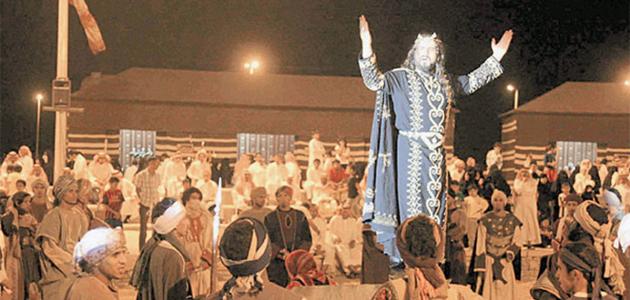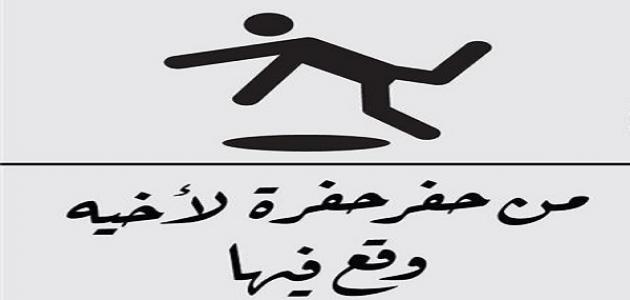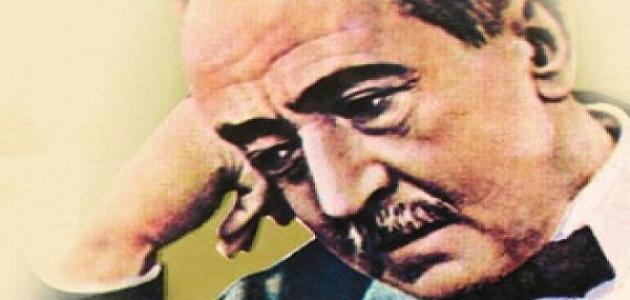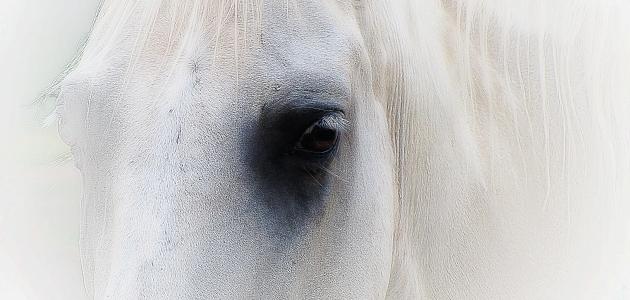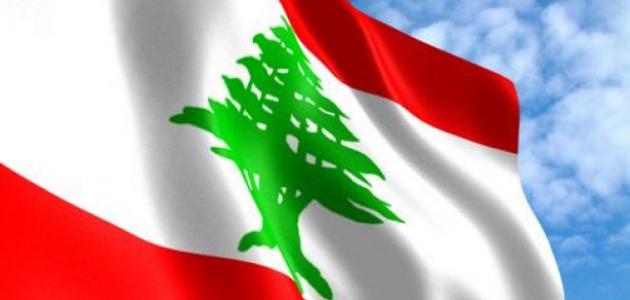History of Arabic Literature
Arabic literature is one of the most distinguished literatures and extends over a very long period of time. It begins before the emergence of Islam. Arabic literature is characterized by many artistic characteristics and an abundance of works in various fields. Historians have agreed to divide it into five sections according to the time period, which are as follows:
- The pre-Islamic era.
- The Islamic era from the mission of the Prophet Muhammad, peace and blessings be upon him, to the end of the era of the Umayyad dynasty.
- The Abbasid era, which extends about one hundred years.
- The post-Abbasid era, which begins from the fall of Baghdad to the Tatars in 1258 AD until the beginning of the French campaign against Egypt in 1798 AD.
- The modern era, which extends to the present days.
Definition of pre-Islamic literature
Pre-Islamic literature is the literature that is attributed to the Arabs who lived in the Arabian Peninsula before the emergence of Islam. Literature is a person’s expression of an emotional feeling in an eloquent way to excite the reader and listener. The number of pre-Islamic writers was large. As a result of the presence of a large number of tribes in the Arabian Peninsula and their pride in their writers, there are many works and literary productions written by them.
History of pre-Islamic poetry
Poetry is known as rhythmic and rhymed speech, that is, it has a rhyme with which the verses of poetic poems end. The history of pre-Islamic poetry has a very ancient history, and it is not possible to know who is the person who composed the first poetic verses in history because there are no sources documenting this incident, but there are indications that say The one who paved the way and began composing poetry in the pre-Islamic era was Imru’ al-Qais when he composed a verse in which he said:
Read also:blue eyed of YamamahCrooked on the impossible hill because we
- We cry at home just as Ibn Khaddam cried.
Pre-Islamic poetry is characterized by being lyrical poetry that depicts a person’s interest in portraying his personality, psychology, and feelings of love, usurpation, envy, and power. Pre-Islamic poetry does not contain narrative or representational narratives within its folds. Because of some factors surrounding the poets at that time, including: the pure nature surrounding them, fanaticism towards the tribe, the abundance of wars, and great pride in the eloquence of poetry that is spoken against them or against their tribes.
Artistic characteristics of pre-Islamic poetry
Pre-Islamic poetry is distinguished by its artistic characteristics and purposes. It contains many qualities and characteristics due to its eloquence and accuracy of description, and the beauty and depth of meanings and words, and among its characteristics are:
Verbal characteristics of pre-Islamic poetry
Pre-Islamic poetry is devoid of non-Arabic words and expressions that are alien to the Arabic language in common. Pre-Islamic poetry has a clear formulation, and its phrases are not lacking or lacking in them. It is possible for a poet to spend years composing a single poem until it appears in an elegant manner like most pre-Islamic poetry, which is characterized by the highest levels of sophistication, verbal mastery, and formula. Wonderful.
The pre-Islamic poets were skilled at dividing meters to create poetry that carried a lot of sweetness and musical melody, and they used many verbal and moral enhancements in their poetry. In their poetry, they would not describe anything without linking it to something similar and resembling it. They also used verbal and declarative metaphors, and added a lot of alliteration and counterpoint to it. Their poems, and the poet would show his poetry to members of his tribe so that he could find out what was missing and amend it, so the poems would be long and took years to compose, like the annals of Zuhair bin Abi Salma.
Read also:Self development phrasesCharacteristics of pre-Islamic moral poetry
Pre-Islamic poetry is often free of exaggeration and complexity, and is characterized by clarity, simplicity, and lack of affectation. It relies on the unity of the verse and not the unity of the entire poem, as it was extracted from nature and the Bedouin environment in which the pre-Islamic poets lived in that time period. Poets in the pre-Islamic era were famous for describing their lives, personalities, and character in a clear, accurate, and honest way. Whoever wants to learn about the life of a pre-Islamic poet must first read his poems to know the great details of his life. It is not surprising that pre-Islamic poems contain a description of the courage of the enemies and their virtues in war, and an acknowledgment of the defeat of the people of the author of the poem, and these poems are known as the fair ones.
Pre-Islamic poetry is characterized by a high sensuality derived from the sensual reality surrounding the poets of that era, so they described things and events in a very honest and frank manner, and their poetry was dominated by movement and a lot of vitality, and most of the poems contained many ideas, meanings and themes, so each line in the poem was Knowing only himself.
Arts of pre-Islamic poetry
Pre-Islamic poetry is distinguished by its abundance of arts and purposes, and the poem usually includes one or more types of arts within its verses. Among the most famous of these arts among pre-Islamic poets are:
- Pride and enthusiasmIt is poetry very close to praise poetry, but it differs from it in that it is concerned with specific matters, such as lineage, tribe, victories, and heroic positions in wars.
- spellingSatire appeared in pre-Islamic poetry during periods of war and conflict, but it was honorable satire without resorting to insults or insults. Satire in pre-Islamic times meant humiliating the satirist, lowering his status, and stripping him of all good qualities. It was often done through sarcasm and indirect allusion.
- spinningIt is one of the most widespread characteristics of pre-Islamic poetry. Pre-Islamic poetry is famous for the poet’s attachment to women because of her great influence on his life. One of the distinctive characteristics of the poetry found in pre-Islamic poetry is its description of the beauty, femininity, and charms of the woman’s body, or in describing the torment that befell the poet when she left him. His beloved, and the effects of this event on his life, psychology, and personality. Ghazal is divided into two parts: virginal Ghazal, which sings of a woman’s love and beauty without mentioning the feminine charms of her body, and obscene Ghazal, which describes a woman’s body in a detailed and precise manner, and often contains exaggerated words when describing the woman.
- Description: The pre-Islamic poets who lived in the desert during their travel and movement, and visited desolate places and the mountains, water, and domestic and non-domestic animals they contained, described all of that because it was closely related to their lives, and description is one of the broadest and most widespread chapters in poetry.
- praiseIn the pre-Islamic era, moral values and good qualities such as justice, chivalry, courage, generosity, and clear-headedness were widespread, and poetry was one of the most widespread ways to sing and praise these qualities, and make them more widespread and knowledgeable. It had two types: one was to earn money by composing Poetry is in praise of kings, princes, and the rich, and the second is sincere poetry that comes from love and the heart in praise of people or qualities that deserve praise in the eyes of the poet.
- lamentation: It is similar to praise poetry in mentioning good qualities, but praise mentions the qualities of a living person. Lamentation mentions the virtues and characteristics of the dead person, and usually has a fixed purpose and meaning, and comes from the heart because loss is not an easy calamity for the soul.
- wisdomWisdom spread among pre-Islamic poets because of the nature surrounding them, and the social, economic, and political conditions in which they lived. Wisdom poetry is often the product of the many experiences that the poet went through in his life, and the lessons learned from the situations and problems he experienced, and the way he dealt with society and individuals.
Building the pre-Islamic poem
The beginning of the pre-Islamic poem usually began in a way that paves the way for what comes next in the rest of the poem’s verses. Most of the openings of the pre-Islamic poems usually revolved around the absence of the beloved and its effect on the poet’s soul, crying over ruins, mentioning wine, youth and gray hair, and the characteristics and beauty of the beloved. Pre-Islamic poems are characterized by presenting ideas in a sequential and logical manner. Each verse's idea and content are linked to the verse that preceded it, whether in an apparent or hidden way for the reader.
Read also:Who is the poet of the Nile?The most famous poets of pre-Islamic times
Pre-Islamic poets are considered the role models and origins of poetry composition because of their eloquence, eloquence, and splendor in composing poetry verses in poems that will never be forgotten. Among the most famous of them are:
- Imru Al QaisOne of his most famous poems is Muallaqah entitled: A Stand Weeping at the Memory of a Beloved and Home.
- Al-Nabigha Al-DhibaniHe has many poems in a complete poetry collection, and he is one of the authors of the Mu’allaqat.
- Zuhair bin Abi SalmaHe was famous as a poet of wisdom and peace, because of the wisdom contained in his poems, and he is also one of the authors of the Mu’allaqat.
- the diner: He has a comment entitled: Say goodbye to Kitten, for the caravan is moving.
